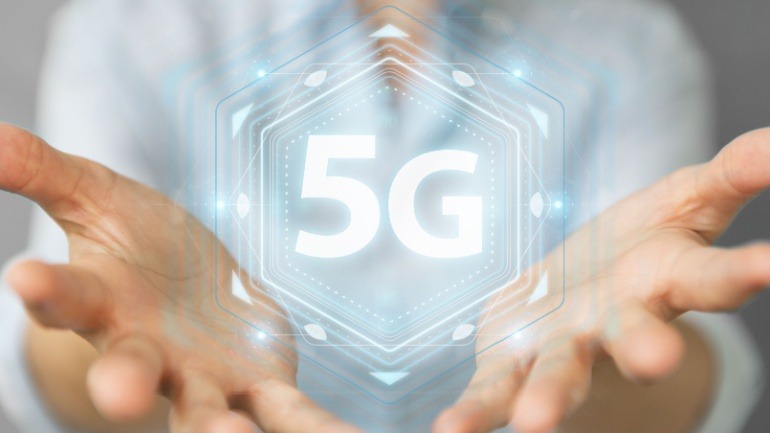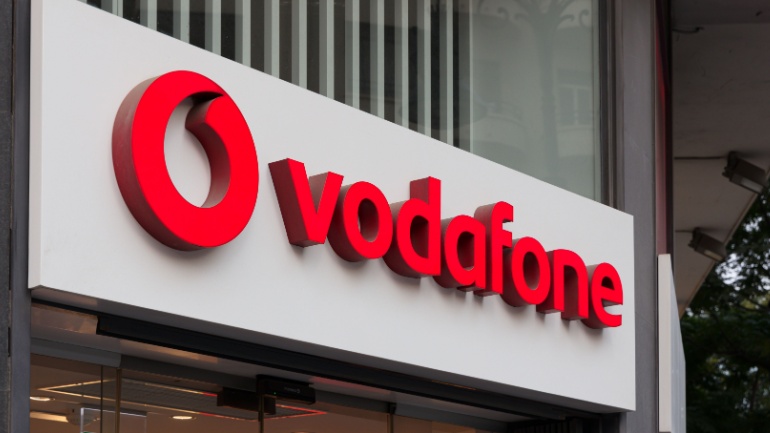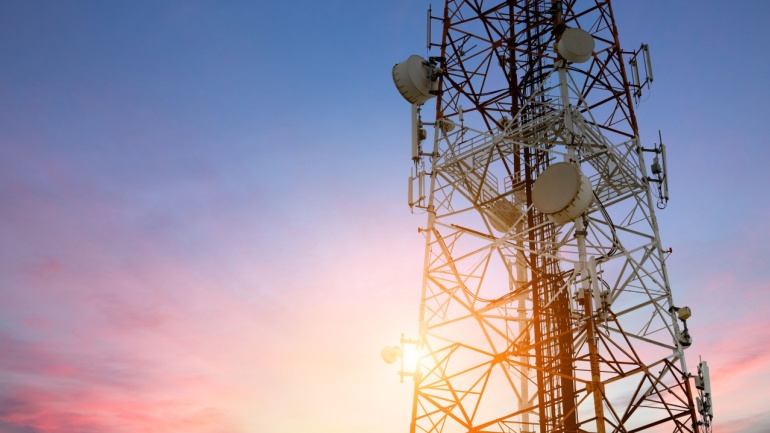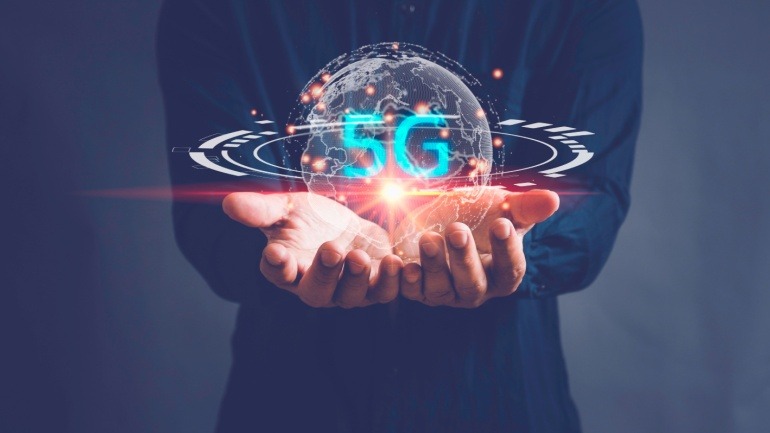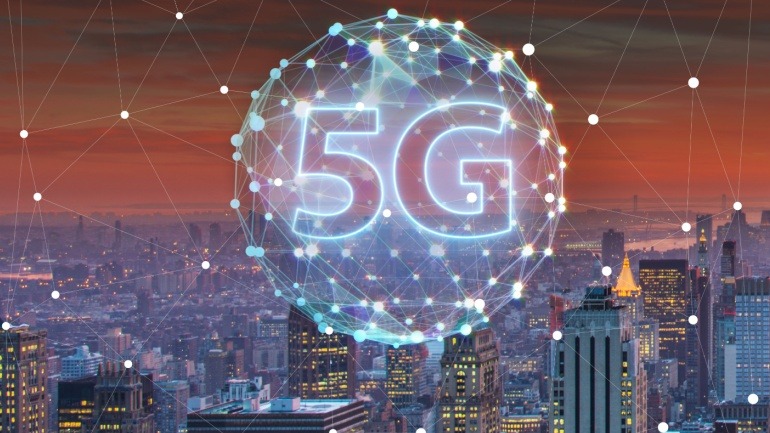Vodafone Idea is accelerating its 5G rollout across India with trials in Delhi and recent launches in key cities. Leveraging advanced energy-efficient infrastructure and AI tools, the company aims to boost network performance while expanding 4G coverage. Strategic partnerships and financial restructuring are central to its revival.
India’s leading telecom operators emphasize the urgent need for a robust spectrum roadmap. As India’s 5G landscape evolves, operators like Bharti Airtel and Reliance Jio highlight current spectrum allocations are insufficient for future demands.
The Indian government’s strategic move to convert Vodafone Idea’s debt into equity has dramatically increased its stake to 49%. This comes as a lifeline for the telco, offering significant relief in its enormous debt woes. Despite this, Vodafone Idea faces tough competition from leaders Jio and Airtel, particularly in the 5G arena.
Vodafone Idea has teamed up with Nokia to upgrade its optical transport network, enhancing 4G and preparing for 5G expansion in India. This partnership leverages Nokia’s advanced optical technology for scalability and efficiency. With 5G rollouts underway and strategic financial investments, Vodafone Idea aims to expand coverage and strengthen its market position against competitors.
Vodafone Idea has kicked off its 5G network launch in Mumbai, leveraging Nokia’s energy-efficient technology. Utilizing an AI-powered Self-Organizing Network, Vodafone aims to enhance 5G performance.
Nokia has successfully delivered essential 5G equipment to Vodafone Idea, supporting its mid-March rollout in Mumbai, followed by Delhi, Bengaluru, and more. The partnership includes over 60,000 tech sites and advanced AirScale solutions for improved efficiency.
Vodafone has sold its remaining 3% stake in Indus Towers for $330 million, marking its exit from the company. Proceeds were used to settle loans and increase Vodafone Idea’s ownership to 24.39%.
Vodafone Idea is poised to transform India’s telecom landscape with its 5G launch. By targeting 75 key cities, Vodafone aims to reclaim market share from Reliance Jio and Airtel. Offering potential pricing advantages, Vodafone’s 5G rollout promises compelling opportunities for consumers.
BSNL’s 5G tender mandates local equipment, sparking dissatisfaction among giants like Ericsson and Nokia. This local focus aligns with BSNL’s 5G Standalone expansion strategy in New Delhi.
BSNL is spearheading the 5G revolution in India, launching a tender for 5G infrastructure in New Delhi to cater to 100,000 users. Utilizing 900 MHz and 3.3GHz bands, BSNL aims to boost digital presence with 5G SA connectivity and fixed wireless access broadband.



